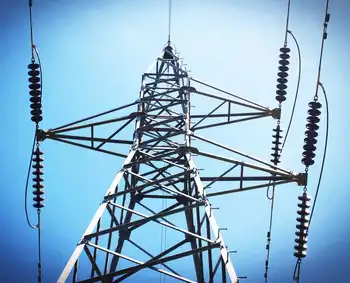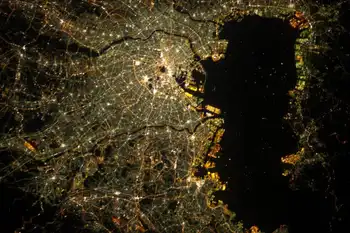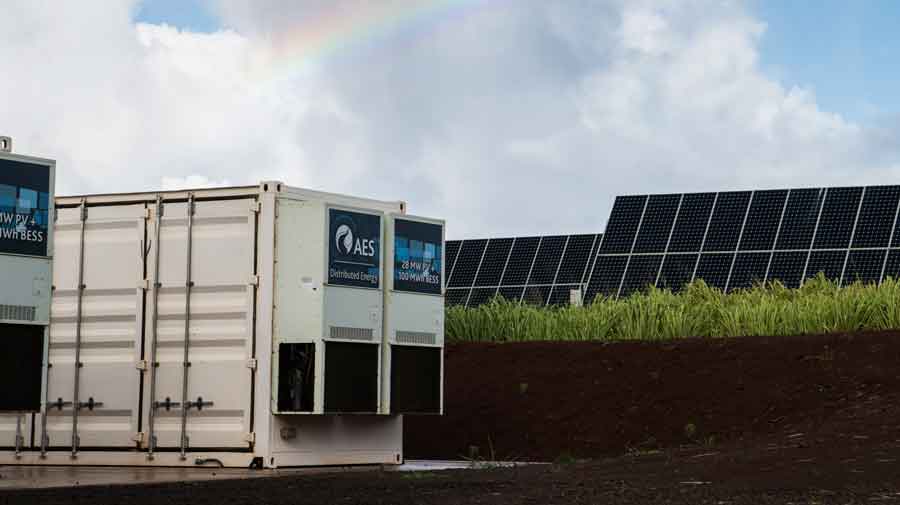Premier defends new green fee on energy bill
By Toronto Star
CSA Z463 Electrical Maintenance -
Our customized live online or in‑person group training can be delivered to your staff at your location.

- Live Online
- 6 hours Instructor-led
- Group Training Available
As first disclosed by the Star, the surcharge will begin appearing on hydro bills as early as April to cover $53,695,310 in Liberal government programs designed to conserve energy.
“The charge… is 33 cents a month on the average bill. That cost goes to support two energy programs,” McGuinty said in his first public comments since the story broke that ratepayers would have to fork over an additional $4 a year.
“One offers up to $150 for a home energy audit. By the way, 348,000 Ontarians have already taken advantage of that particular program,” McGuinty told the Legislature.
“We also offer up to $5,000 in retrofit rebates. So far, 160,000 Ontarians have taken advantage of the home retrofit rebates. This 33 cents a month on a typical bill is going to help fund those programs that Ontarians are seizing,” he said.
The surcharge will appear just as the 13 per cent harmonized sales tax is about to be charged on energy bills and as more expensive time-of-use pricing is taking effect with smart meters.
Stressing “this is not a tax (because) these dollars don’t flow into government revenues,” Energy and Infrastructure Minister Brad Duguid said the conservation program would be reviewed annually before being renewed.
But McGuinty sounded open to making the green levy permanent.
“I think we’ve got a couple of winners here when it comes to these programs. We’ll keep on finding ways to support those,” the premier said.
“We’re allowing homeowners to make investments that reduce their electricity bill and we’re helping to pay for the changes they need to make. That’s how we’re helping homeowners save money when it comes to the electricity bill.”
Progressive Conservative Leader Tim Hudak warned Ontarians to watch their wallets.
“This has all the appearance of yet another slippery and greedy tax grab from the McGuinty government,” said Hudak, adding the “new back-door energy tax” will be especially hard on seniors and families on a fixed income.
“Ontario families are already struggling to make ends meet. Now they’re going to be paying your HST sales tax grab on hydro, they’re paying your new so-called provincial benefit tax, they’re going to be paying for that sweetheart Samsung deal for 20 years yet to come,” he said, referring to the $437-million subsidy for a South Korean consortium to build wind turbines and solar equipment in Ontario.
NDP Leader Andrea Horwath questioned the timing of this latest fee, noting Ontarians are still bracing for higher taxes on their energy bills when the 8 per cent provincial sales tax is blended with the 5 per cent federal goods and services tax on July 1. That will increase the tax on hydro to 13 per cent from 5 per cent.
“In tough times people want help to make life more affordable, but the McGuinty government seems determined to make life more expensive. The premier is adding a new charge to hydro bills months before he adds a new 8 per cent tax,” she said.
Horwath pointed out the HST, which was hammered out in a deal between McGuintyÂ’s Liberals and Prime Minister Stephen HarperÂ’s Conservatives last year, also means Ontario wonÂ’t be able to offer sales-tax breaks on energy-efficient appliances.
“The government’s only interested in green initiative when they can lift some green from people’s pockets. The government quietly ended the sales tax exemption for Energy Star appliances, another way the HST is going to whack people.”











